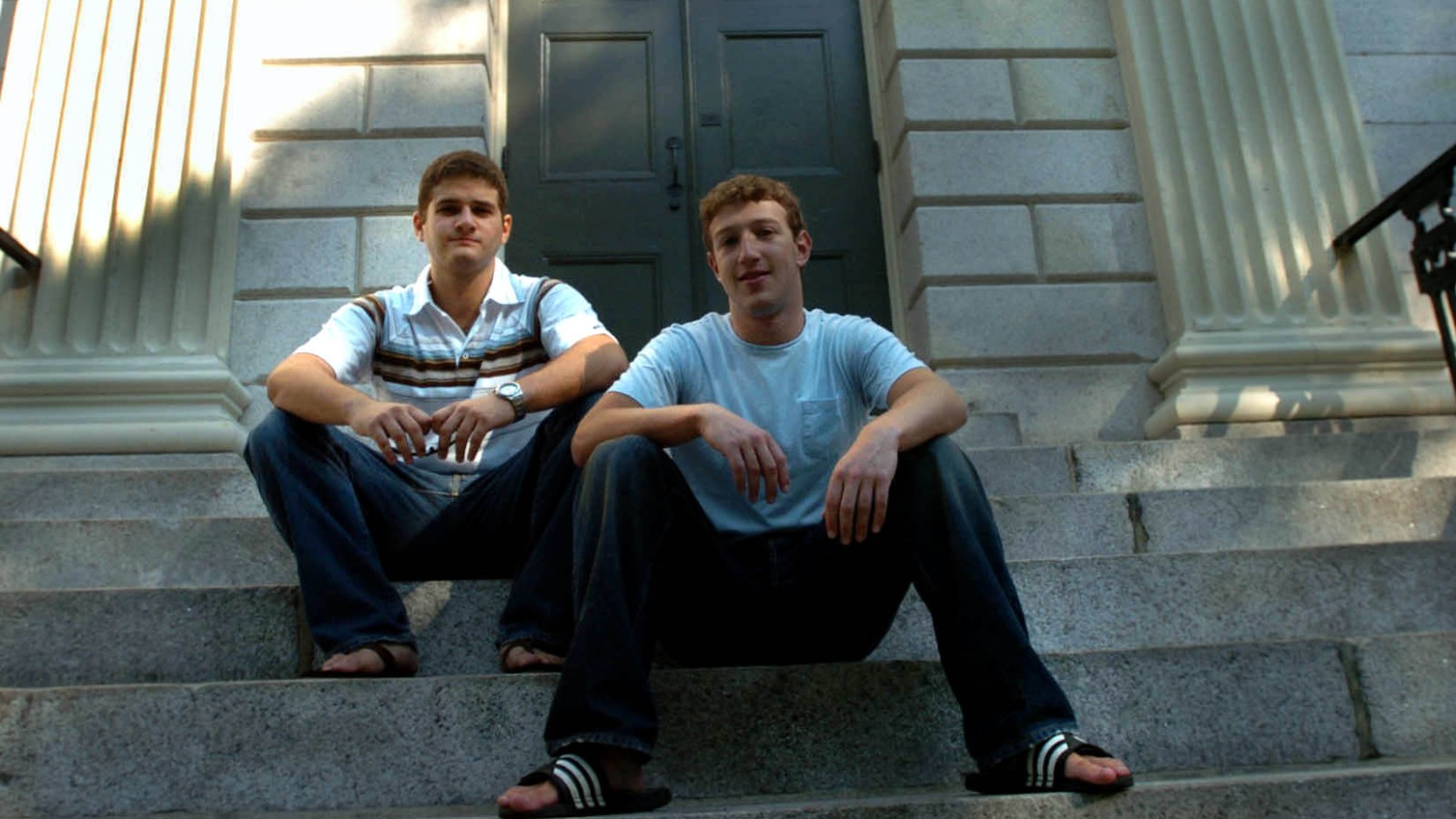
(CNN)“I hope you understand, this is not how I meant for things to go, and I apologize for any harm done as a result of my neglect to consider how quickly the site would spread and its consequences thereafter.”
No, Zuckerberg offered that mea culpa in 2003, when he was a college student in hot water over facemash.com, the site he now-famously created by poaching his classmates’ photos from Harvard groups’ websites and inviting users to compare their looks. It was the earliest iteration of a groundbreaking tech company now valued in the billions of dollars.
“I don’t see how it can go back online,” Zuckerberg told The Harvard Crimson, the campus’ daily newspaper, after he took down facemash.com, which attracted 450 visitors.
“Issues about violating people’s privacy don’t seem to be surmountable. The primary concern is hurting people’s feelings.” he said. “I’m not willing to risk insulting anyone.”
Coming full circle on privacy
Zuckerberg returned to the same sensitive topic 15 years later, when senators on Tuesday did their best to grill him on how Cambridge Analytica, a data firm with ties to President Donald Trump’s campaign, accessed information from as many as 87 million Facebook users without their knowledge.
“It’s clear now that we didn’t do enough to prevent these tools from being used for harm as well. That goes for fake news, foreign interference in elections, and hate speech, as well as developers and data privacy,” said Zuckerberg, now 33. “We didn’t take a broad enough view of our responsibility, and that was a big mistake. It was my mistake, and I’m sorry. I started Facebook. I run it, and I’m responsible for what happens here.”
In another harbinger of this week’s congressional testimony, the facemash.com ordeal also saw Zuckerberg hauled before Harvard’s Administrative Board in 2003 to face accusations of breaching security, violating copyrights and violating individual privacy, the Crimson reported at the time.
Zuckerberg told the newspaper right after his hearing that he would not be forced to withdraw or leave school for any amount of time, but he declined to elaborate on whether the board took some lesser action.
The Facebook CEO also emerged largely unscathed this week from his Senate appearance, thanks to most senators’ ignorance of how Facebook works and how it might tackle the problems it faces in protecting users’ privacy.
Read more: www.cnn.com







![[Video] How to get rid of bed bugs in Toronto](https://www.thehowtozone.com/wp-content/uploads/2019/10/maxresdefault-2-100x70.jpg)


